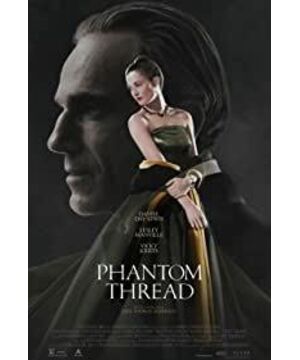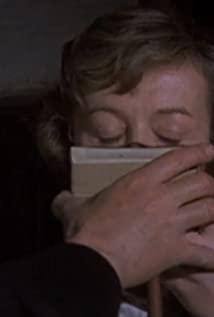Generally speaking, people abandon themselves for love. So if someone chooses love in order to abandon the self, what will TA look like? Will he look like Daniel Day-Lewis? In literary and artistic works, the standard of love is always too strict, and the status of love is often so high that love is the noumenon, but happiness, which should be the goal, is rarely discussed. In this light, can what Reynolds and Alma experienced be called love? What is the value of their happiness in the end? What are they really looking for? These questions may not necessarily lead to all answers, but may lead to more questions. If Phantom Thread lowers the status of love, what is it that is relatively elevated? Is it human status? After all, before they met each other, they already had the fulcrum of their lives, and the acquaintance was just to find a place to focus on the two fulcrums. Probably because of this reason, their relationship did not turn into a tragedy, but could find a balance in the process of changing hands. If we regard the achievement of this balance as "happiness", can we say that it is actually the characteristics of the two people themselves, rather than love, that play a role in it? In other words, is it the balance of power brought about by the traits of the two, resulting from the stance they take in their interactions to preserve their own traits, rather than love, that lead to a happy ending? Does independence have not only a higher symbolic value, but also a greater utilitarian value? Just like Daniel Day-Lewis's act of voluntarily abandoning himself, symbolized by eating poisonous mushrooms, has instead allowed him to obtain the emotional experience he has always been pursuing, which is actually achieved on a deeper level. self. This dramatic, extreme, and pathological self-seeking enhances human values, but can we see it as a sign of love? Speaking of the symbol of love, in the novel "The Museum of Innocence" by the Turkish writer Orhan Pamuk, the hero Kemal's love for the heroine Fusong has all been transformed into the museum collection as a symbol of their love. It's just that the disparity between the two people in terms of strength other than love makes the story eventually - and logically - had to end in tragedy. So when we're not talking about love, but about relationships, or happiness, what should we be talking about? That's what I thought Phantom Thread was trying to talk about.
View more about Phantom Thread reviews











